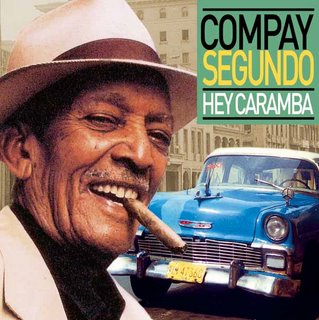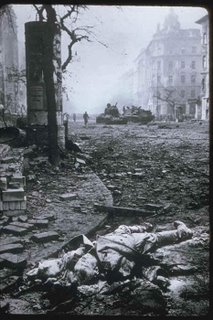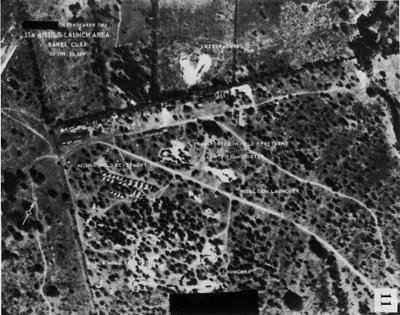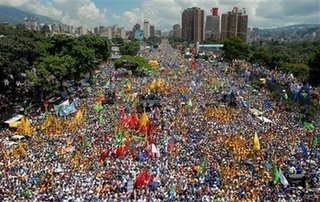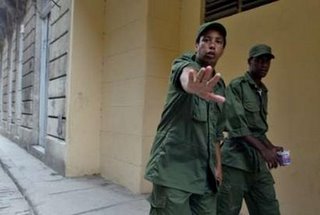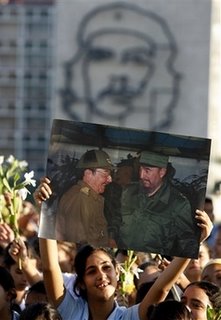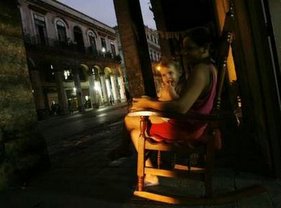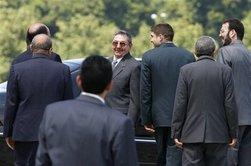Demographics

New figures just published in Havana confirm what many non-government observers have been saying for some time: Cubans are having far fewer children than ever before.
And the population is getting older.
Compiled from data collected by the United Nations, the figures show that Cuba now has the lowest birth rate in Latin America, with about 120,000 births last year.
By comparison, an average of 250,000 new babies a year were born during the “boom” decades of the late 1960s and early 1970s.
The result? Over 1.8 million Cubans are now described as being “in the third age”, out of a population of about 11.2 million.
At this rate, experts say, the population is unlikely to reach 12 million any time soon.
As you would expect, representatives of the Castro regime have explained the drop in births by referring to better education, more young women in the workforce, easy access to contraception and readily-available, legal abortions.These are indeed contributing factors, but there are other reasons why so few Cuban women are having babies, according to the Spanish newsagency EFE - from poor housing and low wages for State employees to a lack of child care places.
In fact, as EFE reports, many young Cuban women don’t dream of starting a family. They dream of leaving Cuba.
Photograph: AP Photo/Javier Galeano


